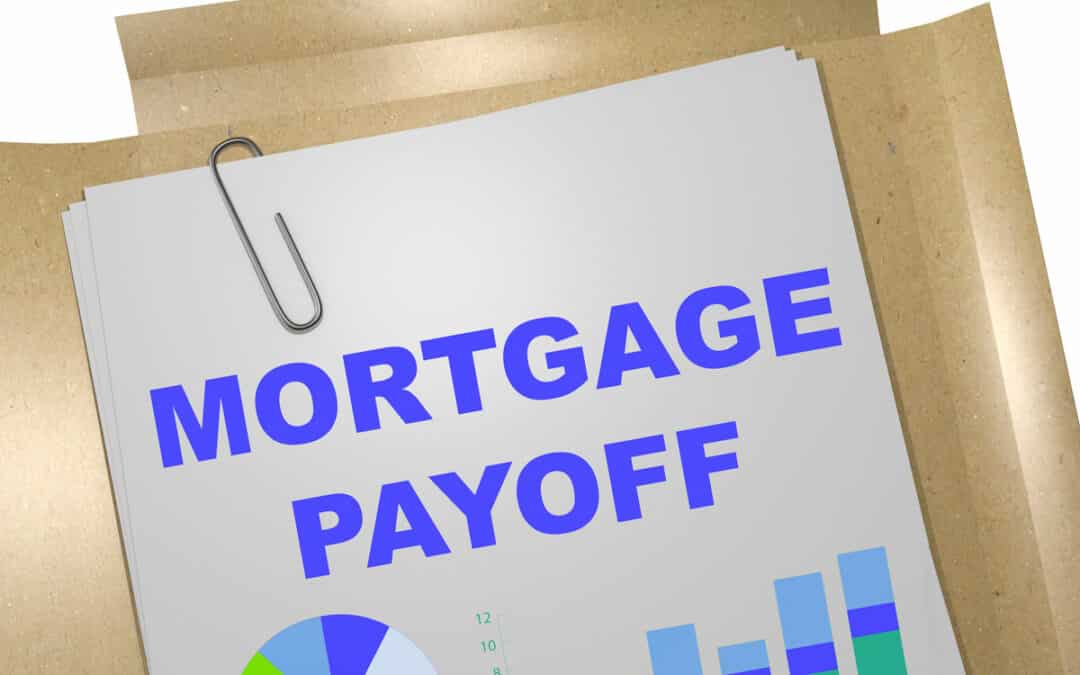- If you took out a mortgage after January 2014, prepayment penalties can only apply to the first three years of your mortgage. A prepayment penalty is a financial penalty that a mortgage company imposes on you, the borrower, if you pay all or part of the loan principal before its due date — the end of the mortgage term.
- If you took out a mortgage before January 2014, prepayment penalties can be applied, depending on your mortgage company. The best way to discover if your mortgage has a prepayment penalty is to contact your mortgage company. Even if they do not have a prepayment penalty, they may have restrictions on how much and when additional payments against the principal can be applied.
To pay off your mortgage early, try one of the following methods if prepayment penalties do not apply.
Biweekly Payments
If your mortgage payment is $1,000.00 per month, make a $500.00 payment every two weeks. This comes out to an extra payment per year. Check with your mortgage company to see if they will accept biweekly payments. If not, you can create an account for mortgage payments. Put $500.00 in the account every two weeks, but make the full mortgage payment once a month. At the end of the year, make an extra payment. Be sure to stipulate that the extra payment is to go against the principal only. It can reduce your mortgage by eight years on a 30-year mortgage.
Quarterly Payments
Make an extra mortgage payment every quarter, and you will pay off your mortgage 11 years early. Before you make your first additional payment, check with your mortgage company to make sure you label the amount appropriately.
No Coffee Payments
Small sacrifices can add up. According to the Acorns Money Matters Report, the average American spends $3 per day on their coffee. That’s around $90 a month. Add that amount to your monthly mortgage payment, and you will take four years off your mortgage term.


